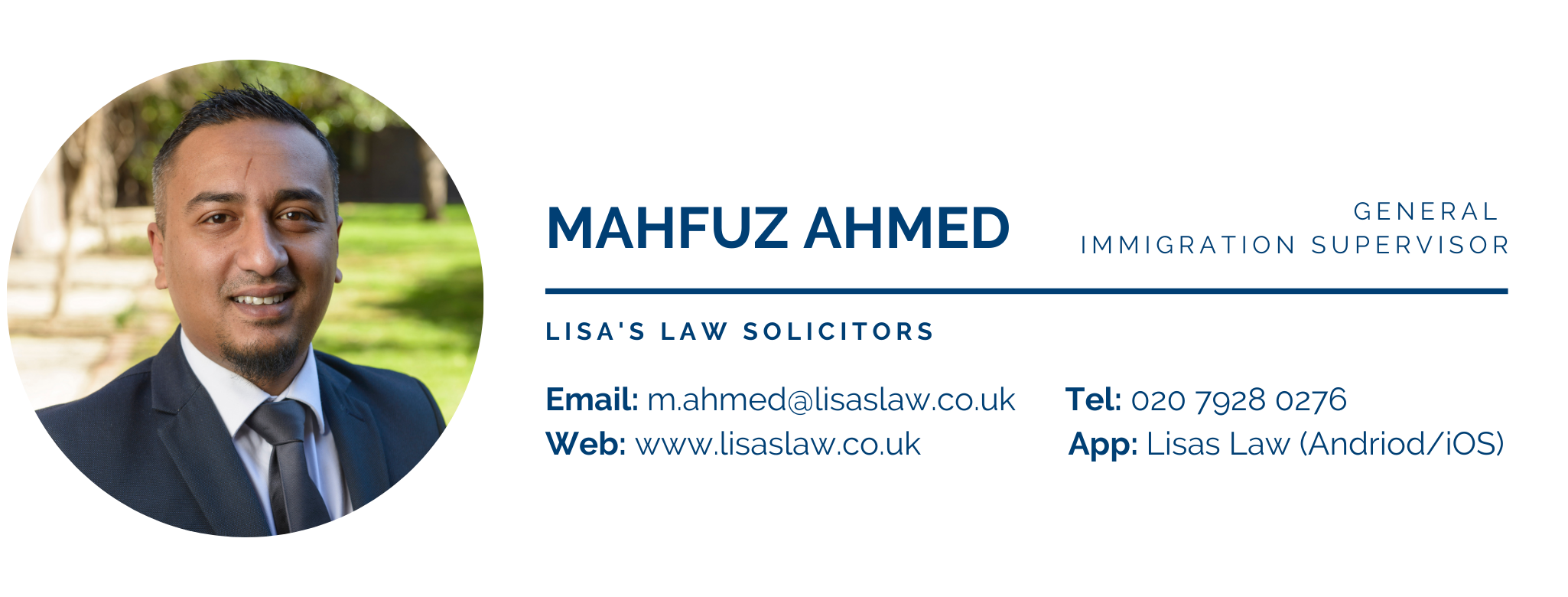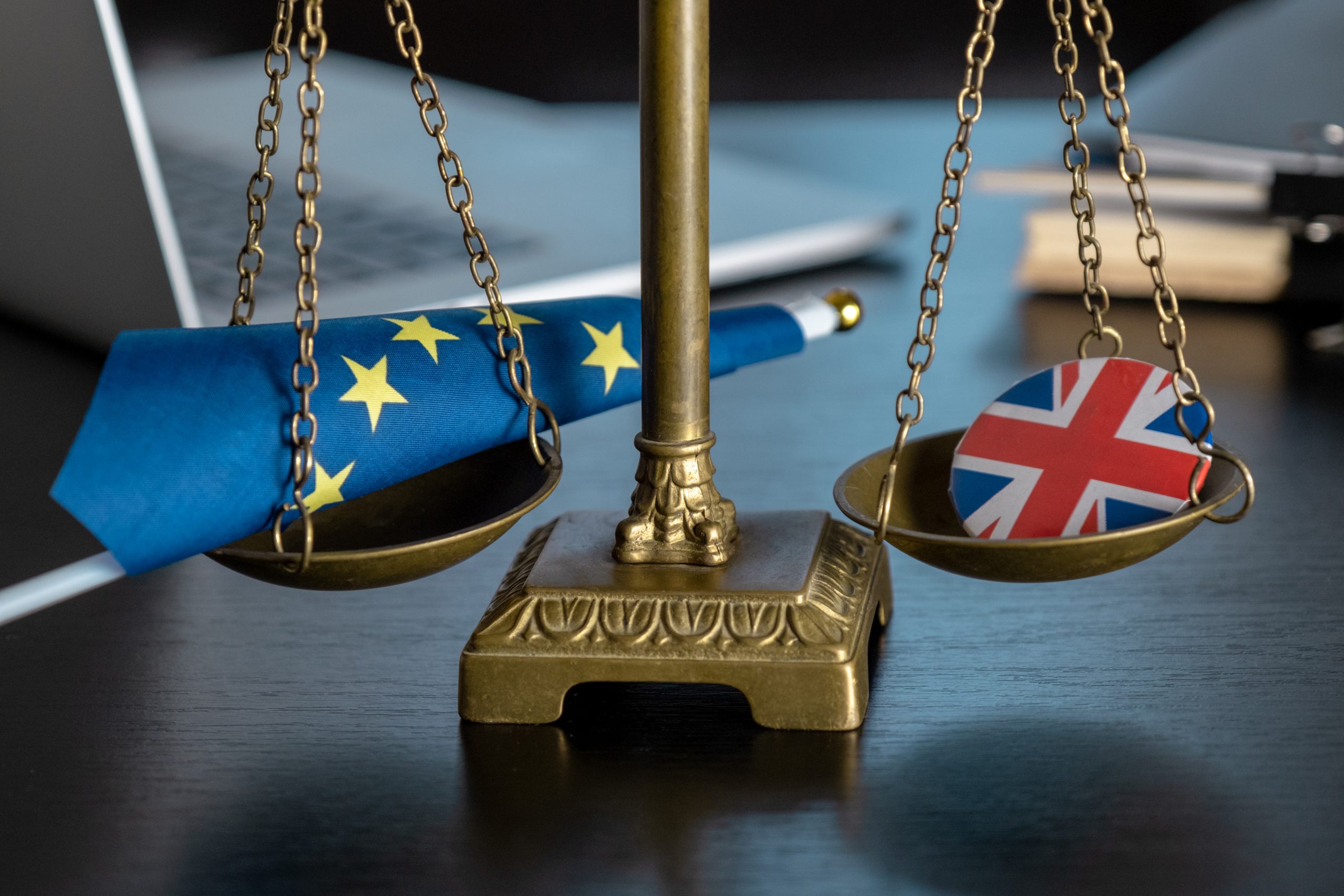By Lorraine Hon
We are pleased to have been successful in another private life route case where our client came to the UK as a teenager after fleeing the Taliban in Afghanistan.
One of the private life route requirements is where the applicant is aged 18 or above but below 25 at the date of the application. The applicant must also have arrived before the age of 18 and must have spent at least half their life continuously resident in the UK.
The other requirement for people who do not qualify for the requirement mentioned above is that where the applicant is aged 18 or over at the date of application, the applicant must have been continuously in the UK for more than 20 years. Or, where the applicant has not been continuously resident in the UK for more than 20 years, the Home Office has to be satisfied that there would be significant obstacles to the applicant’s integration into the country where they would have to live if required to leave the UK.
The case
Our client and his brother came to the UK to flee the Taliban. He initially claimed asylum but was refused. After that, he appealed the case but it was dismissed. However, he had been living in the UK for almost 13 years.
Our client was advised by alternative solicitors to claim for asylum, however he did not wish to proceed with this as he did not remember much from his time in Afghanistan. We advised the client that he had strong grounds for a potential private life case as he came to the UK as a child. We felt that there would be significant obstacles if he were to return to Afghanistan so we applied for leave to remain for him on the basis of his private life.
Our client changed his name after he moved to the UK. He has also had two dates of birth through no fault of his own.
What did we do to ensure a successful application?

Our application was successful because we were able to show the following:
1. We proved that our client’s date of birth was changed by the Home Office due to a previous application not made by our client. It was not clear whether our client was 12 or 13 at the time of entry. If it was the former, then the client would qualify for leave. When his date of birth was recorded by the Home Office, our client accepted it as he did not understand English.
2. We showed evidence that our client received different awards and merits in school. He was committed to succeeding in school.
3. We stated that with all our client’s education being in the UK, it would be extremely difficult for him to reintegrate into Afghanistan. We provided articles about Afghan returnees facing difficulties.
4. We showed that our client has made significant contributions to British society by representing the UK in sport. We provided all the awards that he won.
5. We showed that our client has no ties to Afghanistan. The only family member that he had was his brother who came to the UK with him. It would be cruel to separate our client from his brother. Our client was also in a relationship with a British national and the relationship would not be able to continue in Afghanistan as inter-religion/nationality relationships were not permitted in Afghanistan.
We received a decision 3 weeks after submitting the application and are pleased that our client will now be able to live in the UK.
Should you wish to make a private life route application, we would be happy to help. Contact us today.
For more articles like this, subscribe to our newsletter today.
Have questions about this article? Get in touch today!
Call us on 020 7928 0276, our phone lines are open and we will be taking calls from 9:30am to 6:00pm.
Email us on info@lisaslaw.co.uk.
Use the Ask Lisa function on our website. Simply enter your details and leave a message, we will get right back to you: https://lisaslaw.co.uk/ask-question/
Or, download our free app! You can launch an enquiry, scan over documents, check progress on your case and much more!



















